Masculine wine, feminine wine. Do we need to talk about this?
Will this be one of those feminist conversations where I preach about the confines of gender identity and ultimately blame the patriarchy for everything? Not quite. But there are interesting nuances to be found when deconstructing the adjectives “masculine” and “feminine” as they relate to describing wine. So let’s do it.
There’s no doubt you have heard this terminology; feminine wines have traditionally been considered light, delicate and graceful. A masculine wine is typically weighty, dense, full-bodied and with firm tannins. Are these terms really fair to us? And more importantly, are they fair to the wine?
Here are a few points to ponder: when you assign a particular gender to a wine, you’re signifying a shared assumption of what “femaleness” and “maleness” really mean. Defined gender identity is a blurred line at this point, so gender-identifying wine is a bit archaic, wouldn’t you say?
As a woman, I’m not terribly offended when I hear a wine described as feminine. I know the insinuation- this is a light, delicate wine maybe with a bit of wily feminine charm. It doesn’t offend me because many days, I enjoy feeling this way- delicate and charming. But you know what? Some days I’m not feelin’ it. Some days I feel edgy, abrasive, brooding and excessive- all qualities that might get lumped into the term “masculine”. I don’t feel like less of a woman on those days, so to call a wine feminine kind of puts it in a box. Its 2015: we can be all the things.
Some might argue that the use of ‘feminine’ and ‘masculine’ and their accompanying characteristics are just trying to capture the “highest” form, or the “essence” of what it means to be a man or a woman. And to that I might say- lovely concept. But what if my idea of the “essence” of womanhood is actually Serena Williams? She’s graceful, yes, but the gal’s got guns for days and is just plain badass. I’ll take that as a highest form of femininity.
Same goes for the bros. I don’t want to live in a world where men are expected to be hulking, macho, ax-wielding, rare steak-eating cavemen 100% of the time. And after the summer of brosé, it might appear men don’t either.
So if we don’t want to box ourselves into female and male stereotypes, let’s just skip doing it to our wine. At times, it’s a lazy person’s descriptor; if the wine is graceful and elegant, why not just call it graceful and elegant?
Let’s get more specific and communicate exactly what we mean rather than relying on just one word to do it for us. Needing to define a wine or a person as “one or the other” is something of a comfort zone. And to that, I say- let’s go beyond it. If only so we may continue drinking… outside the box.

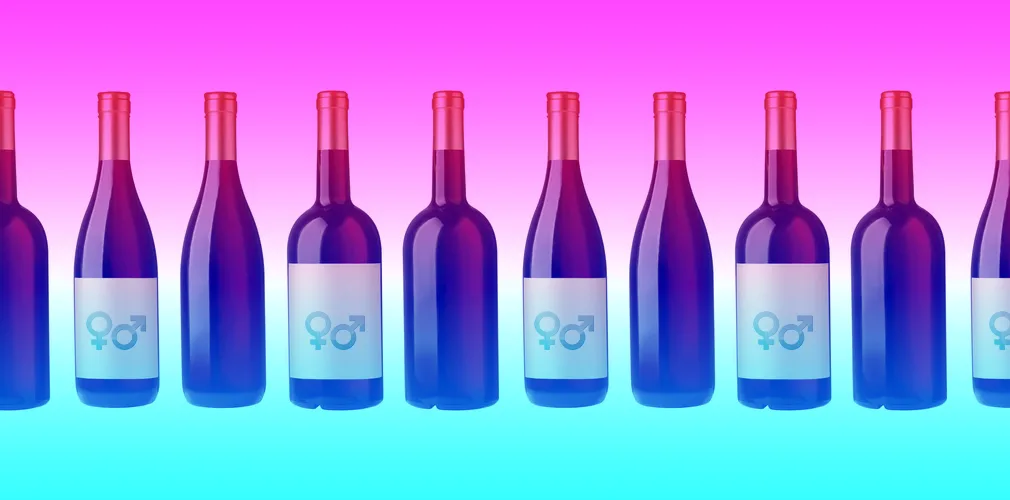

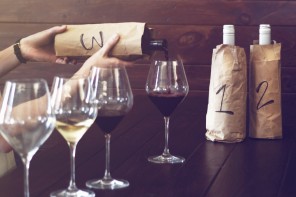
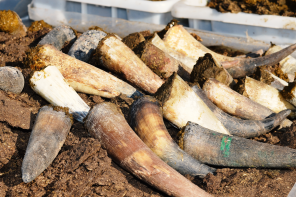
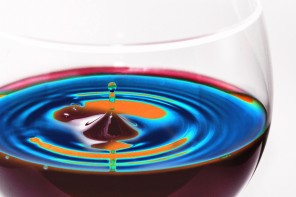
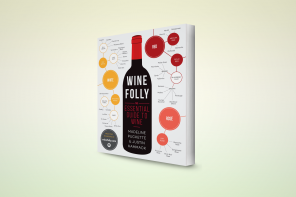
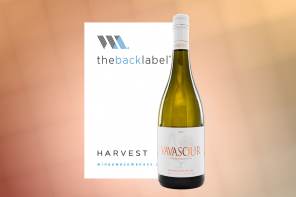

1 Comment